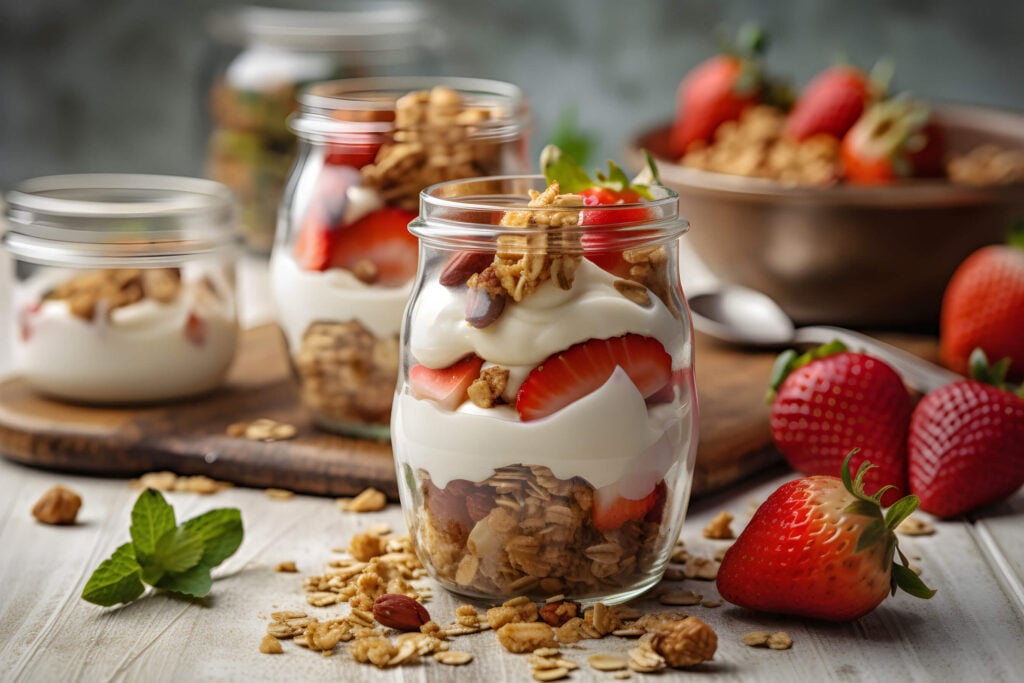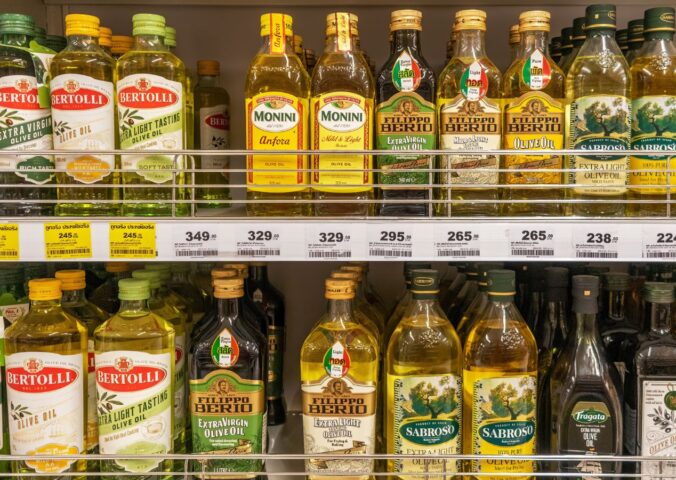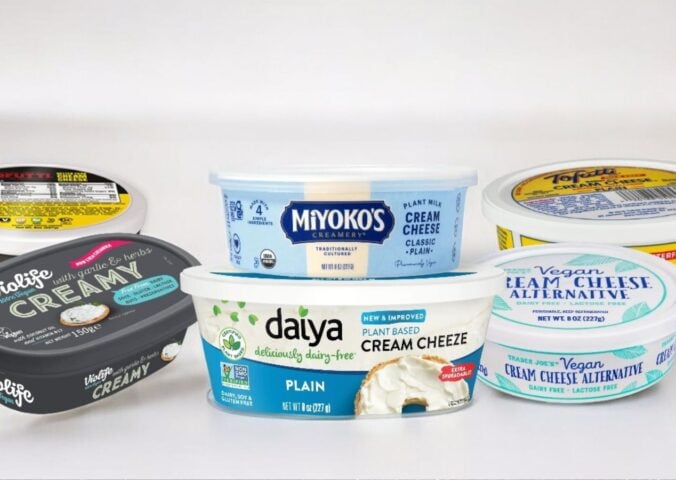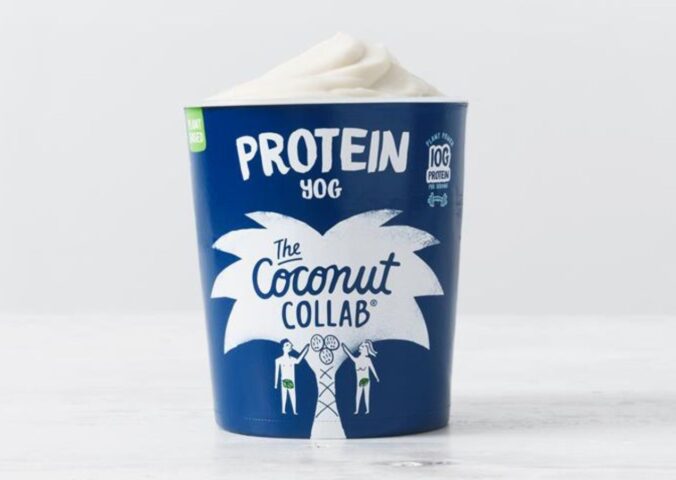Vitamin B12 is an essential nutrient that our bodies need to function. For people transitioning to a plant-based diet, knowing about B12 and how to get enough as a vegan is vital.
This guide discusses vitamin B12 and why we need it. First, it explains what happens if you don’t get enough and signs of deficiency to look out for. Next, it looks at what the research says about deficiency on a vegan diet and how someone can test their levels. Finally, it provides tips to ensure you get enough to stay healthy.
What is vitamin B12?
Vitamin B12 is a water-soluble vitamin that is naturally present in animal foods such as meat, dairy, and eggs. The active forms of B12 are methylcobalamin and 5-deoxyadenosylcobalamin, and their precursors that can be converted in the body are hydroxocobalamin and cyanocobalamin.
Vitamin B12 is bound to protein in food and needs stomach acid to release it so the body can absorb it. Supplements and fortified food forms of B12 are already in free form and don’t require this step.
Why do we need B12?
The body needs vitamin B12 for the following essential functions:
- The development and function of the central nervous system
- Formation of healthy red blood cells
- DNA synthesis
- As a co-factor in critical physiological functions such as metabolism, amino acid, and fatty acid synthesis
What happens if you don’t have enough B12?
The effects of vitamin B12 deficiency include the following:
- Megaloblastic anemia
- Low counts of white and red blood cells
- Fatigue
- Palpitations
- Infertility
- Neurological changes
- Depression
- Dementia
- Glossitis of the tongue
Experts advise that infants need vitamin B12 to support brain development and produce healthy red blood cells. If infants don’t get enough B12, they can become deficient, which can lead to permanent brain damage if a doctor doesn’t treat them.

Homocysteine
Homocysteine is an amino acid derived from methionine. Elevated levels of homocysteine are a risk factor for cardiovascular disease and have been associated with conditions such as Alzheimer’s disease, stroke, and Parkinson’s disease. People need adequate B12 to prevent high homocysteine, as well as other essential nutrients such as folate and vitamin B6.
Are vegans deficient in vitamin B12?
Because vitamin B12 is only found in reliable amounts in animal foods, those who are strictly plant-based and don’t take a supplement or regularly eat fortified foods may develop a deficiency.
The Vegan Society advises that in over 60 years of vegan experimentation, only B12-fortified foods and B12 supplements have proven themselves as reliable sources of B12, capable of supporting optimal health. They note that most vegans consume enough B12 to avoid anemia and nervous system damage, but many do not get enough to minimize the potential risk of heart disease or pregnancy complications.
Who else is at risk of low B12 levels?

It’s not just vegans that are at risk of B12 deficiency.
A process involving digestive enzymes, stomach acid, and intrinsic factor separates B12 from food proteins and helps the body to absorb it. If this process is compromised, someone may develop a deficiency. This may be due to:
- Pernicious anemia causing lack of intrinsic factor
- Surgery on the gastrointestinal tract
- Gastrointestinal conditions such as coeliac disease and Crohn’s disease
- Age – older adults are more at risk
- Helicobacter pylori infection
- Atrophic gastritis, an autoimmune condition
- Medications such as proton pump inhibitors, histamine 2-receptor antagonists, and diabetes medication
Signs and symptoms of deficiency
The Vegan Society notes that there is no entirely consistent and reliable set of symptoms to indicate B12 deficiency. However, typical deficiency symptoms include:
- Loss of energy
- Tingling
- Numbness
- Reduced sensitivity to pain or pressure
- Blurred vision
- Abnormal gait
- Sore tongue
- Poor memory
- Confusion
- Hallucinations
- Personality changes
Because the body stores about 1-5 milligrams (mg) of vitamin B12, symptoms may gradually develop over several months to a year before someone recognizes a deficiency. However, infants typically show more rapid onset of B12 deficiency symptoms than adults.
Doctors may treat a B12 deficiency with injections or tablets.
How to test vitamin levels of B12
Many doctors still rely on blood B12 levels and blood counts to test someone’s levels, but The Vegan Society advises that these are not adequate, especially in vegans. Algae and some other plant foods contain B12 analogues that may imitate true B12 in a blood test. Blood counts are also unreliable as high folate levels mask anemia symptoms that can be detected by blood counts.
Experts advise that methylmalonic acid (MMA) is the most sensitive marker of B12 status. Additionally, people can test their homocysteine levels. Someone can contact their healthcare provider to find out about these tests.
How to ensure you get enough B12 on a plant-based diet

The NHS in the UK advises that adults (aged 19 to 64) need about 1.5 micrograms a day of vitamin B12.
To ensure you get adequate vitamin B12 on a plant-based diet, The Vegan Society advises the following:
- Eat fortified foods two or three times a day to get at least three micrograms (mcg or µg) of B12 a day
- OR take one B12 supplement daily, providing at least 10 micrograms
- OR take a weekly B12 supplement providing at least 2,000 micrograms.
B12 is absorbed best in small amounts, and the less frequently you take it, the more you need to take. The Vegan Society notes that there is no harm in exceeding the recommended amounts but advises against intakes above 5,000 micrograms per week. Additionally, people can combine more than one option, such as eating fortified foods and taking a supplement.
People who are pregnant or chestfeeding must make sure they have enough B12 to pass on to their infants. Strict vegans should consult a healthcare professional about taking a supplement that provides adequate amounts of B12 for pregnancy and chestfeeding.
It’s important to note that foods like spirulina and seaweeds are not proven B12 sources, so someone shouldn’t risk deficiency by relying on these. The only way to ensure adequate intake is to eat fortified foods or take a supplement.
Vegan sources of B12
People seeking B12-fortified products that are suitable for vegans should always check the packaging, as ingredients and manufacturing processes can differ depending on the product and location. Examples of vegan-friendly items that can contain B12 include:
- Supplements, including tablets, sprays, and gummies
- Fortified dairy-free milks, including oat-based and soy-based drinks
- Fortified nutritional yeast (also known as “nooch”)
- Other fortified vegan products, such as some breakfast cereals and energy bars
Summary
Vitamin B12 is an essential nutrient that people need for healthy blood, nervous systems, and hearts. A deficiency in B12 may develop if people eating a plant-based diet don’t include fortified foods or take a supplement. In addition, people who have digestive conditions, older adults, and those taking certain medications may not absorb B12 properly even if they consume animal products.
B12 deficiency can be severe, risking the health of adults, infants, and the developing embryo. Experts such as The Vegan Society advise taking B12 as a supplement and including fortified foods in the diet. It can take a while to develop a deficiency because the body stores B12, but symptoms may be apparent more quickly in infants. People wanting to test their levels can speak to a healthcare provider and may wish to request tests for MMA and homocysteine.
Looking for more content like this? You might like:
- Vitamin D: What It Is, Why It’s Important, And How To Get Enough On A Vegan Diet
- How To Plan A Healthy Plant-Based Diet (Tips From A Nutritionist)
- The 15 Best Plant-Based Protein Sources For Vegans
—
This article was originally published on March 16, 2020. It was last updated on June 20, 2023.
If you purchase something through a link on our site, Plant Based News may earn a commission, which helps us to provide our free services to millions of people each week.






